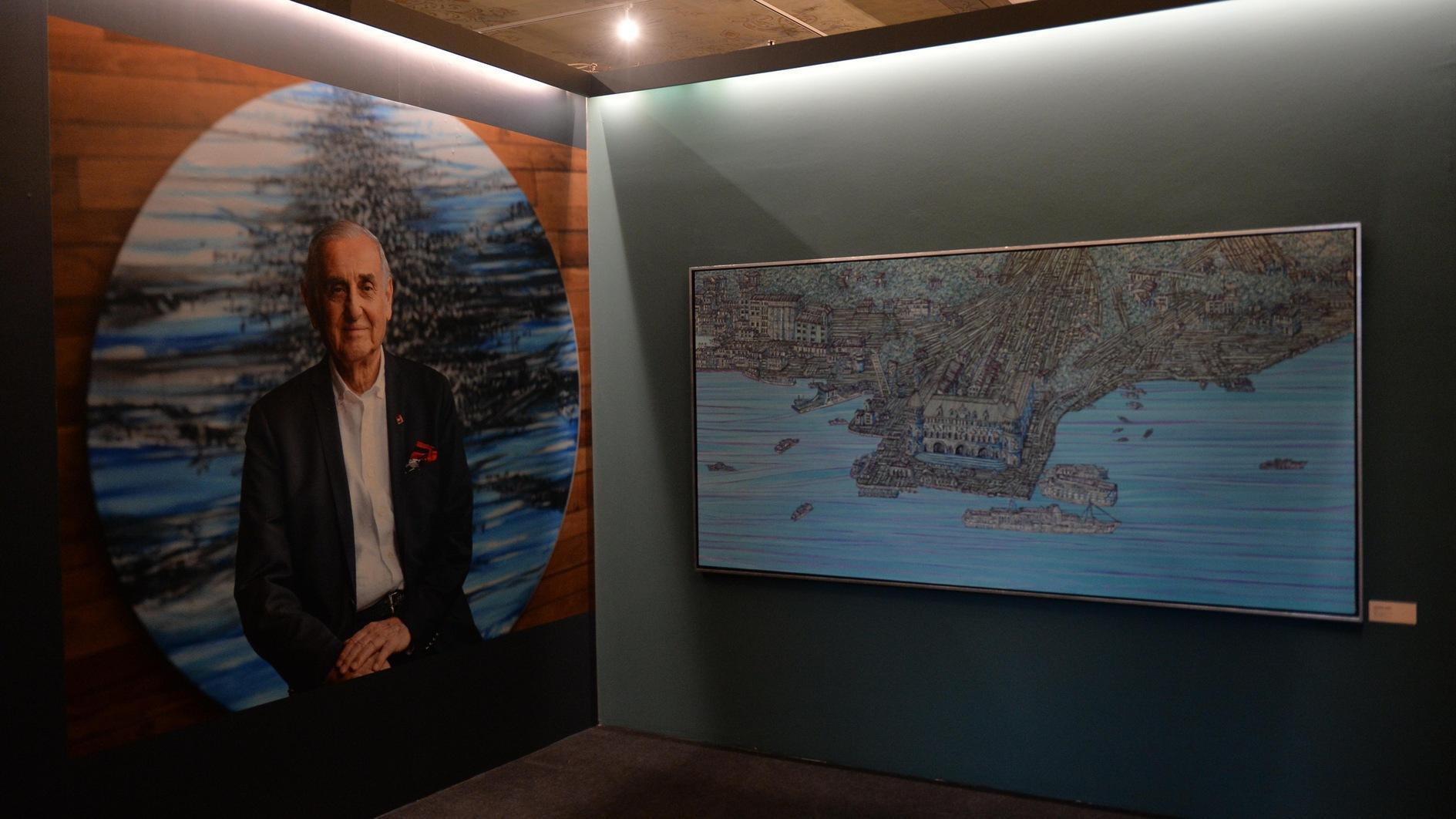Russia, the Maldives, and short-term thinking
Short term beats long term most of the time, even when people understand where their long-term self-interest really lies. Take, for example, that well-known pair, Russia and the Maldives.
Five years ago, it was hard to find senior people in the universities and scientific institutes in Moscow who were even willing to discuss climate change. But the great heat-wave of 2010, which killed one third of the Russian grain crop, seems to have changed all that.
It was Russia that insisted on putting a reference to geo-engineering, the highly controversial array of last-ditch measures to combat global warming, into the last paragraph of the Intergovernmental Panel on Climate Change’s recent report. The Russians get it now. And yet...
On 18 September the Greenpeace ship stopped near the drilling platform Prirazlomnaya, the first rig to drill for oil off Russia’s Arctic coast, and launched four inflatable boats. Their aim was to hang a banner on the platform denouncing Russian plans to exploit the oil and gas reserves of the environmentally sensitive Arctic. There were no weapons aboard the ship, and Greenpeace’s protests are always non-violent. But armed Russian security forces abseiled down from helicopters and took them all prisoner. A month later, all thirty crew members, are still in prison. Half of them have already been charged with “piracy.”
It sounds ridiculous, but piracy carries a prison sentence of 10 to 15 years, and the Russian state is deadly serious. But this is an extreme over-reaction.
Besides, knowing how hard climate change will hit Russia, why did Moscow let Gazprom start drilling in the Arctic seabed at all? Because Russia’s relative prosperity in the past decade has depended heavily on exports of oil and gas. Because President Vladimir Putin’s rule depends on the continuation of that fragile prosperity. And because Russia’s onshore reserves of oil and gas are in decline.
Short-term comes first, so drill away, and if people protest against it, charge them with piracy. And if you think this is as stupid as politics can get, consider the Maldives. The Maldives are tiny islands in the Indian Ocean where most of the land is only about a meter above sea level. As the sea level rises, most of the country will simply disappear beneath the waves.
You would think that the prospect of national extinction would concentrate anybody’s mind, and in the Maldives it did – for a while. In 2008 the long-ruling dictator Maumoon Abdul Gayoom was ousted in the islands’ first free election by Mohamed Nasheed, a young politician who put great emphasis on fighting climate change. Then, early last year, Nasheed was overthrown in a coup by senior police officers closely linked to the old regime. In elections that took place due to ınternational pressure Nasheed was elected but elections will be re-run next month. Nasheed will doubtless recover the presidency in the end, but here’s the thing. In the whole election campaign, he didn’t mention climate change once. This is a country full of people whose grandchildren are going to have to live somewhere else because the whole place is going underwater, and they STILL don’t want to hear about climate change. You can’t just blame the politicians for the neglect. It’s just too uncomfortable for people to stay focused on the issue for long.











